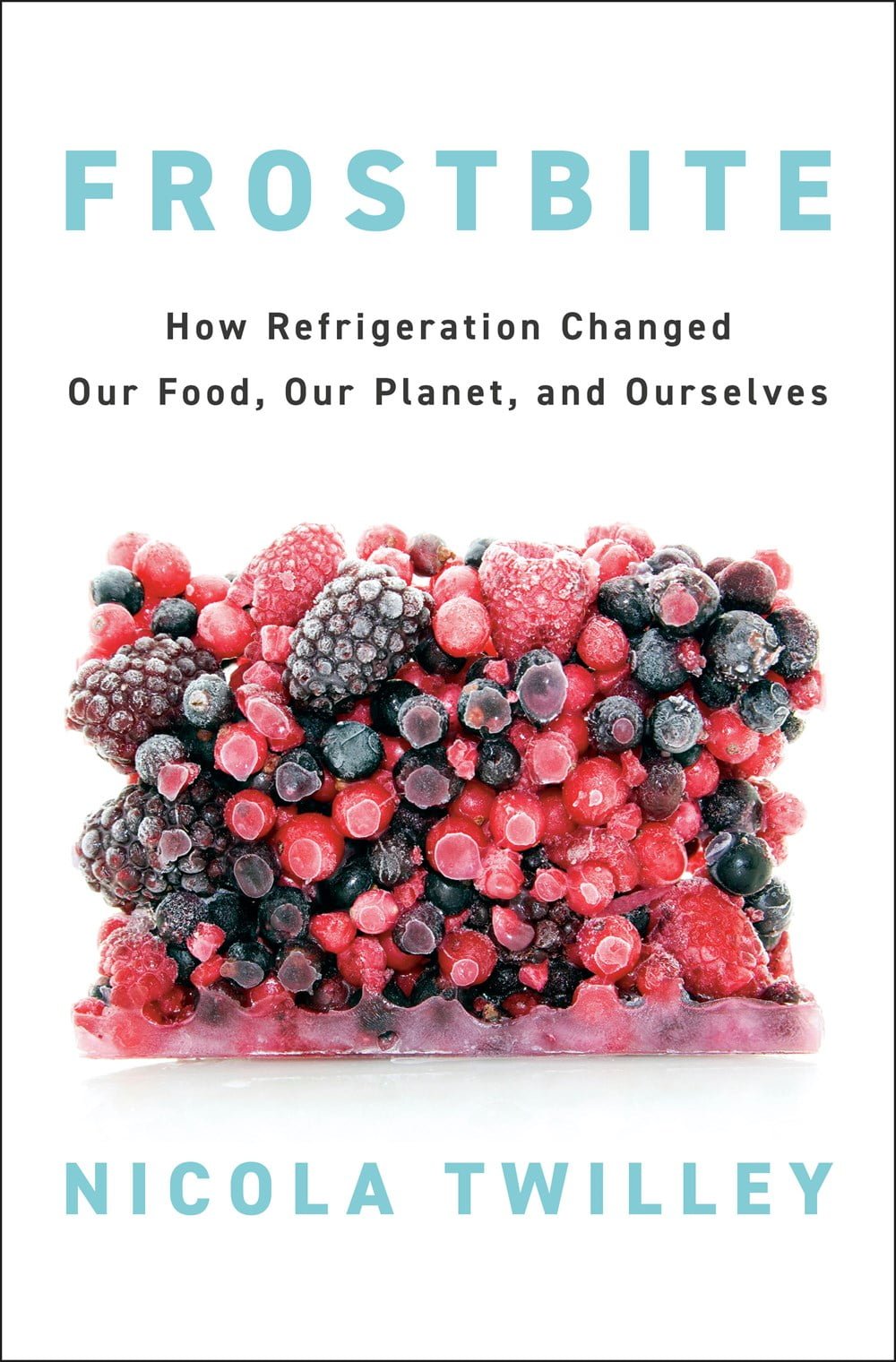Introduction to ‘Frostbite’ by Nicola Twilley
In her insightful and intriguing second book, Frostbite: How Refrigeration Changed Our Food, Our Planet, and Ourselves, author Nicola Twilley explores the profound impact of artificial cold on our lives. The book takes readers on a decade-long quest to understand the journey from farm to table, revealing the often overlooked role of refrigeration in shaping modern food production, distribution, and consumption.

A Historical Perspective
Twilley provides a thorough examination of the history of refrigeration, highlighting that artificial cooling dates back to the mid-1700s but only became commercialized in the late 1800s and domesticated in the 1920s. From historical developments to major technological advancements, Twilley paints a comprehensive picture of how refrigeration evolved to become an integral part of our everyday lives.
The Impact on Health and Environment
While refrigeration has allowed us to enjoy a diverse range of food products year-round, Twilley critically examines its unintended consequences. She notes that refrigeration has reduced the need for traditional preservation methods like salting and fermenting, consequently impacting gut health by decreasing everyday exposure to beneficial microbes. Additionally, the widespread use of refrigeration contributes to food waste and environmental pollution due to the release of toxic substances.
Refrigeration’s Market-driven Nature
Twilley argues that the development of refrigeration was driven largely by market optimization rather than considerations of human and environmental health. This commercial focus has led to a disconnect from the natural world and has reshaped our diets and food systems. Despite these drawbacks, Twilley acknowledges the refrigerator’s role as an engineering marvel that extends the shelf life of food and reduces spoilage.
A Thought-provoking Exploration
Frostbite is an interesting and insightful exploration of the complex role that refrigeration plays in our lives. Twilley’s rigorous research and engaging narrative offer compelling food for thought, challenging readers to reconsider the convenience of cold in the context of broader health and environmental implications.

